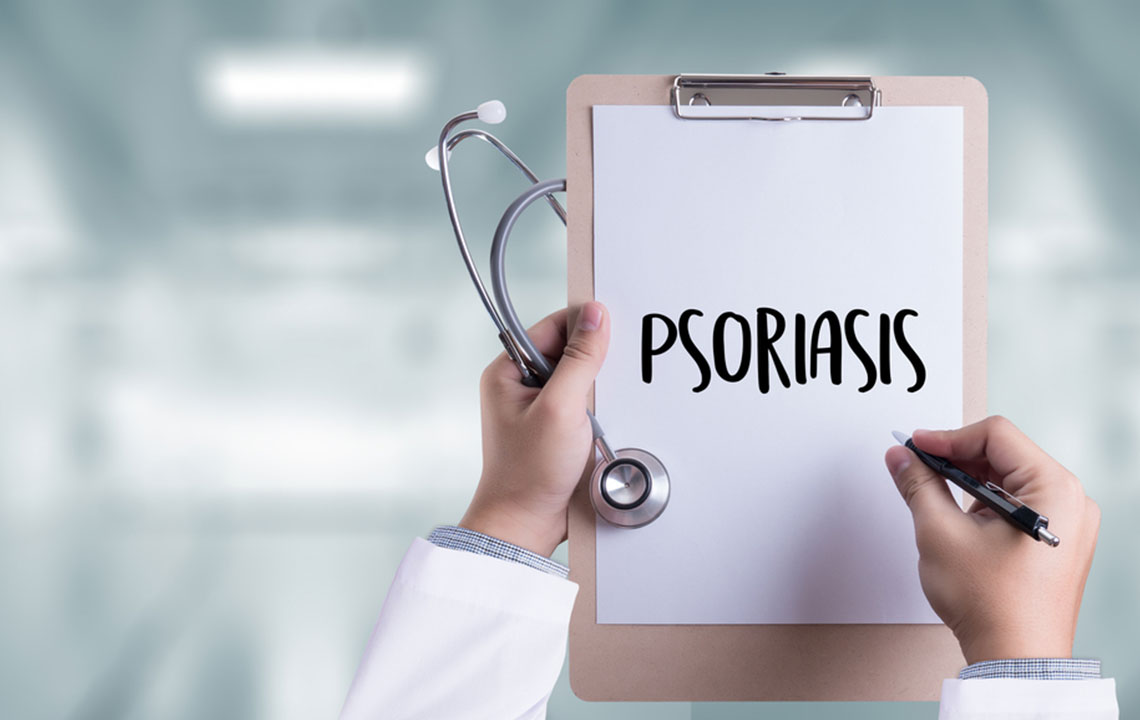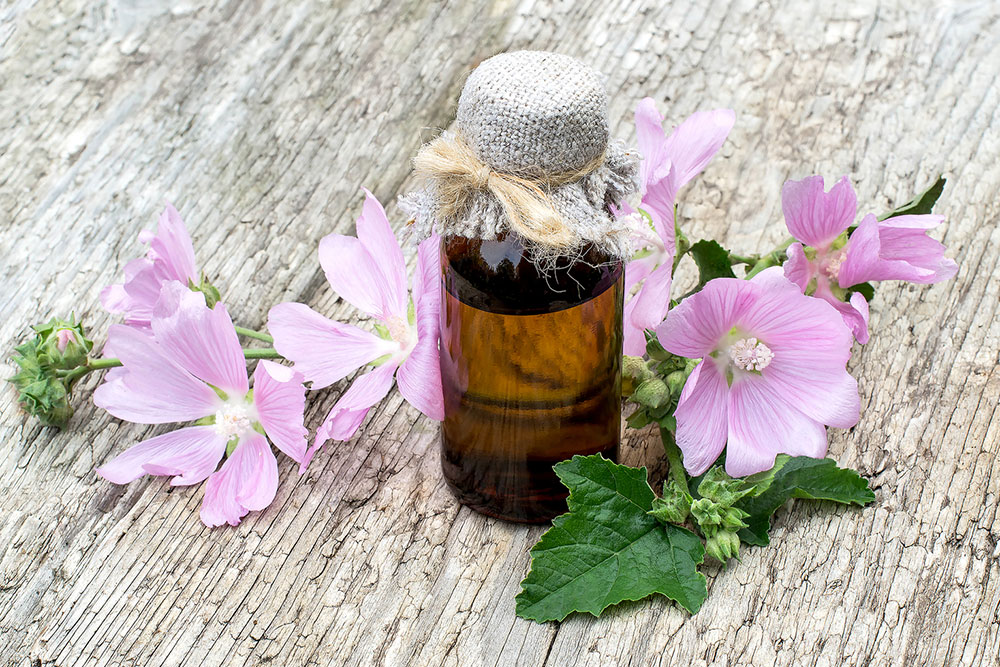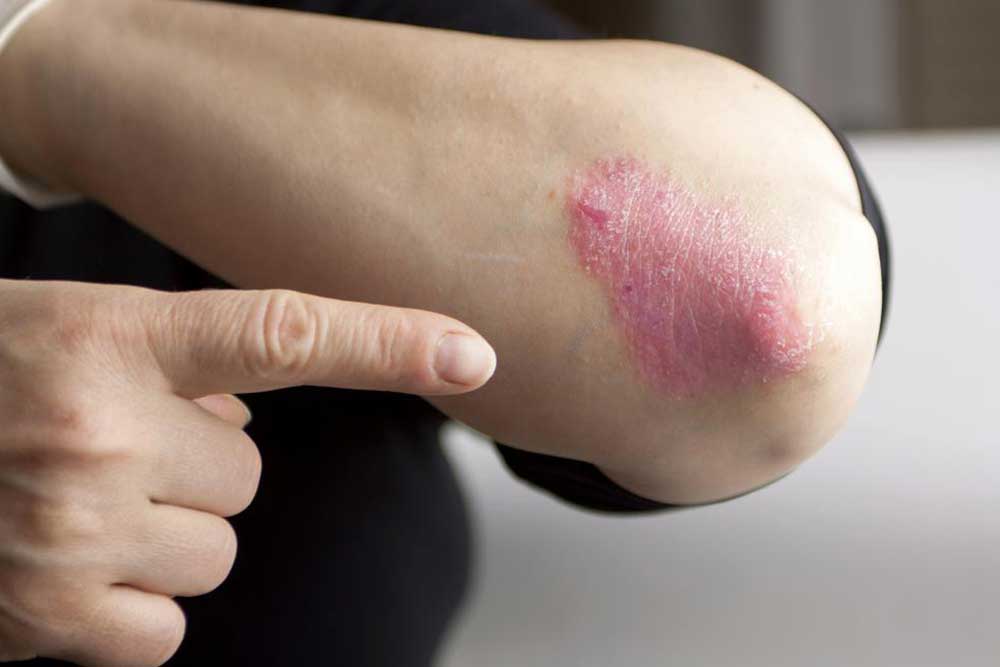Effective Techniques for Managing Psoriasis: A Comprehensive Guide
Discover comprehensive strategies to manage psoriasis effectively. This detailed guide explores medical treatments, natural remedies, lifestyle tips, and recent advancements to help control symptoms and improve skin health. Learn how to prevent flare-ups and live comfortably with this chronic condition through proven methods and expert advice.

Effective Techniques for Managing Psoriasis: A Comprehensive Guide
Proven strategies to control and alleviate psoriasis symptoms
Psoriasis is a persistent and often challenging skin condition that affects millions worldwide. Characterized by the development of raised, red, and scaly patches on various areas of the body, this condition can significantly impact an individual's quality of life. Although there is no known permanent cure for psoriasis, a combination of medical treatments and natural methods can effectively manage symptoms, reduce flare-ups, and improve skin health.
Understanding the complexities of psoriasis
Psoriasis results from an abnormal immune response that accelerates skin cell production. Normally, skin cells mature and are shed in a cycle of approximately 28 to 30 days. However, in psoriasis, this process is sped up dramatically, with skin cells multiplying every 3 to 4 days. This rapid turnover leads to the buildup of excess skin, forming characteristic thickened, scaly patches that often appear on the scalp, elbows, knees, or under the nails.
Various factors can trigger or worsen psoriasis symptoms. Minor skin injuries, stress, infections, cold weather, and certain medications are common culprits that can activate flare-ups. The immune system malfunction prompts an increase in skin cell production, leading to the characteristic plaques and scales. Psoriasis typically manifests in early adulthood but can occur at any age and tends to have a recurring pattern over a person's lifetime. The affected areas often include sensitive regions such as the scalp, elbows, knees, and regions under the nails.
Management strategies for psoriasis vary depending on the severity of the condition, the patient's age, overall health, and personal preferences. Healthcare professionals usually recommend a comprehensive treatment plan that may include topical medications, phototherapy, systemic drugs, and natural remedies. Topical treatments are often the first line of defense and include ingredients such as salicylic acid, vitamin D analogs, coal tar, retinoids, and corticosteroid creams, which help reduce inflammation, scales, and itching. In more severe cases, healthcare providers might prescribe phototherapy, which involves controlled exposure to ultraviolet (UV) light, or systemic medications—such as biologic drugs—that target specific immune pathways involved in psoriasis.
In addition to traditional medical options, many individuals find relief through natural remedies and lifestyle modifications. Some commonly used natural approaches include applying apple cider vinegar, soaking in Epsom salts, using banana peels, oats, chamomile, castor oil, aloe vera, olive oil, and coconut oil. These natural therapies can soothe the skin, reduce inflammation, and provide additional comfort during flare-ups. It's important to consult with a healthcare professional before starting any natural remedies to ensure they are suitable and safe for your specific condition.
Living with psoriasis requires ongoing management and a proactive approach to prevent and control flare-ups. Maintaining skin hydration, avoiding known triggers, managing stress, and adhering to prescribed treatments are essential components of effective psoriasis care. Emerging treatments and ongoing research continue to improve the understanding and management of this complex condition, offering hope for more effective therapies in the future.
In conclusion, while psoriasis remains a chronic skin disorder without a definitive cure, it can be effectively controlled through a combination of medical treatments, natural remedies, and lifestyle adjustments. Educating oneself about the condition, working closely with healthcare providers, and adopting a comprehensive care plan can significantly improve quality of life for those affected by psoriasis. With patience and proper management, individuals can reduce the frequency and severity of flare-ups, maintain healthier skin, and enjoy a better quality of life.





